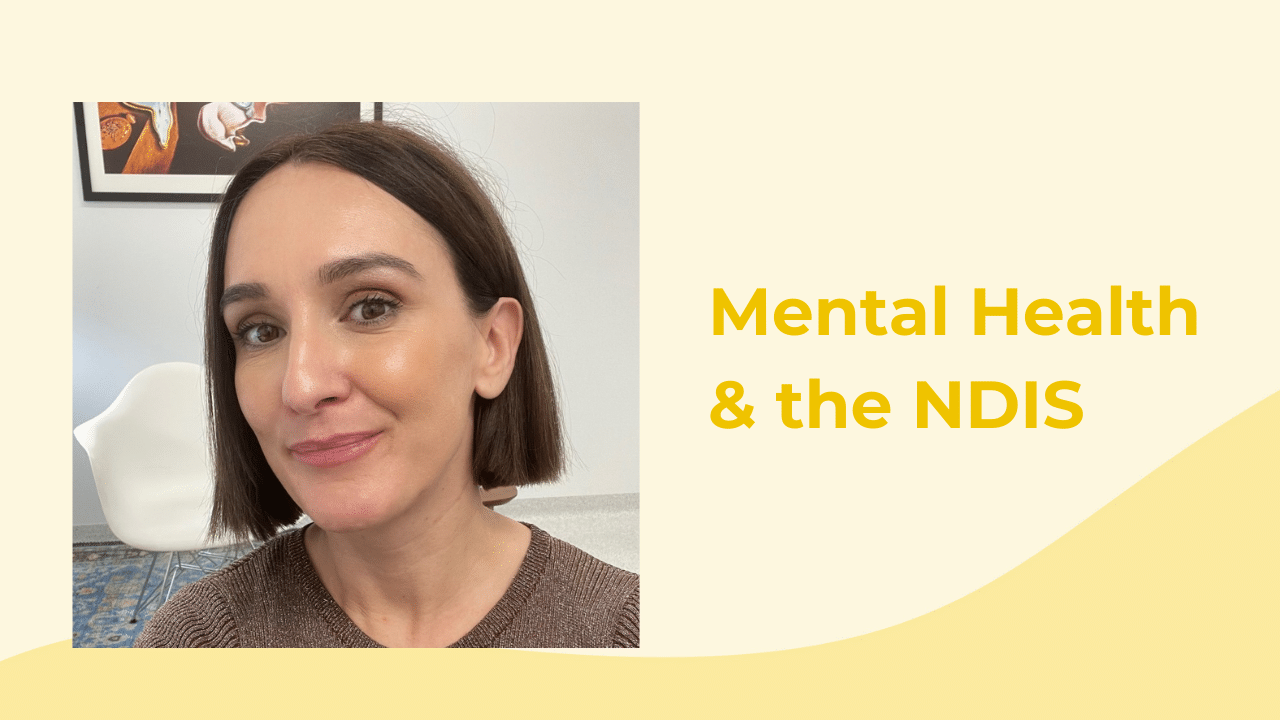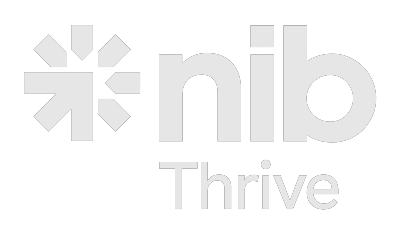The NDIS has three ways in which a Participant can manage their funding:
Self Management
Plan Management
NDIA Management
When applying for NDIS funding, or completing a plan renewal process, you're able to request how you'd like NDIS funding to be managed. Ultimately, the NDIA will review and approve your request for either Self, Plan or NDIA Managed funding.
Let’s do a deep dive into the advantages and disadvantages of each type.
What Is Self-Management?
Self-managed NDIS funding means you are in control of your own NDIS funds.
You choose what supports you buy to help you achieve your goals and can creatively use your funds to meet your needs.
Tip: The NDIS self-management guide is updated regularly and helps people understand the benefits of self-management, how to manage your funds and the roles and responsibilities of self-management. Check it out here.
Advantages Of Self-Management
There are many advantages to self-management. Some of them include:
- More choice—you get to choose which supports to purchase that will help you achieve the goals in your NDIS plan;
- More flexibility—you'll have the flexibility to engage with any provider (including Support Workers who provide services under their own ABN);
- Ability to negotiate rates—you'll be able to ensure your supports are value for money by negotiating how much they cost and using the savings to buy either more support or better quality support; and,
- Complete control over how you manage your NDIS funding—you'll have complete control and responsibility for your NDIS plan and funding so you can manage the budgets within your plan and payments
Disadvantages Of Self-Management
Here are some potential pitfalls of a self-management:
- Not being restricted to the NDIS price guide—occasionally providers may request more money than the NDIS rate (sometimes you may be willing to pay more for the quality of the supports, though!);
- Time-consuming—you have to make a lot of choices and look through various options when you choose self-management; and,
- Payments and claims-you need to pay invoices in a prompt manner and process your claims on the MyPlace Participant Portal.
- Possible audits—you may occasionally be subject to an audit.
What Is Plan Management?
Plan-managed NDIS funding means you have a provider who supports you to manage your NDIS funds. You will choose a Plan Manager responsible for paying your providers and doing all the financial admin for you, so you don't have to! Plan management will still provide you with most of the choices of self-management, without all of the stress and added work.
Advantages Of Plan Management
There are advantages to using a Plan Manager to manage your NDIS plan.
- Flexible options—you are not restricted to using providers who are registered with the NDIS, which means you can continue to use your existing providers or hire whoever you want;
- No invoicing hassle—you'll have a Plan Manager to pay your Providers, so you don't have to do it yourself;
- Less admin—you don't need to keep records of your spending in case of an audit, because your Plan Manager will ensure they keep the records needed;
Plan Managed funding is an excellent way to prepare yourself for self-management.
Disadvantages Of Plan Management
The disadvantages of plan management include:
- If you want to use a provider who charges above the NDIS price guide, you will need to pay the difference yourself; and,
- Not all Plan Managers are going to be suitable for you. For example, you may come across a Plan Manager who might be slow to pay invoices, unresponsive or unhelpful.
- If they provide all services, some Plan Managers may have a 'Conflicts of Interest' and attempt to convince you to put your entire NDIS life (support workers, equipment, support coordination and plan management) with them.
What Is NDIA Management?
With NDIA-managed funding –also referred to as an "agency-managed funds"–the NDIA will provide you with a list of local registered providers and guide you through available options that will allow you to track your spending.
Advantages Of NIDA (Agency) Management
Some of the advantages of choosing NDIA management include:
- Less admin—no bills to pay, budgets to manage, or records to keep;
- Plenty of options for providers—still being able to choose from a range of NDIS registered service providers;
- Easy budget management—you can easily view budget balances via the NDIS myplace Participant Portal, accessible via the Participants MyGov account,
Disadvantages Of NDIA (Agency) Management
Some of the disadvantages of choosing NDIA management include:
- Fewer choices and control—you can only choose NDIS registered service providers;
- Limited transparency over funding—you cannot have access to detailed invoices via your myplace portal;
- Changing service providers can take longer—because funding is locked away through a service booking by the Participant's chosen service providers;
- NDIS price caps—NDIS price guide caps apply and most registered service providers charge full price.
How to Manage Your NDIS Funding?
It's a personal choice, but if you have the opportunity to secure a Plan Managed NDIS funding option it will give you the best of both worlds! This means you'll have more flexibility and options with the Service Providers you can use and equally, you'll have a partner in your Plan Manager to organise and pay your invoices.
Summary
Ultimately, the best way to manage your NDIS funding depends on what works best for you and your personal circumstances. Different Participants will need and prefer different approaches and preferences may change over time.
Make sure to consider how much responsibility you want to have over your funding before your first planning meeting or your next plan renewal meeting.
























